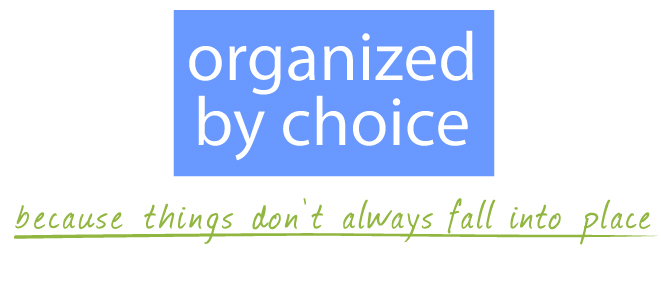In my 10+ years of organizing, I’ve never heard someone speak with fond remembrance about the process of clearing a deceased parent’s home, much less a storage unit that held all the stuff their parents could live without but couldn’t part with.
And yet, the need for self storage units increases. From its humble beginnings in the 1960s, the self storage industry has grown to an annual revenue of $38 billion (The SpareFoot Storage Beat).
While some units are used for business purposes or temporary use, many are storing the over-flow of personal households. Tom Vanderbilt refers to these units as “The catacombs of consumerism” in his article Self-Storage Nation.
You may not be contributing to Derrel’s Mini Storage empire, but you likely know someone who is. If you share this info, they might take you out to dinner with the money they save! Here are some questions to consider before paying next month’s rent.
TIMELY TIPS - to put money in your pocket (instead of Derrel's)
ASK YOURSELF:
How is having the stuff in storage benefiting you? Not, how did it benefit you in the past when you were using it, but how is it benefitting you now to store it?
What feelings are aroused when making the monthly/quarterly payments? Are you happy to be paying that monthly fee because the items you’re storing are worth so much more to you than $700-$1000/year?
What’s in your unit? Do you remember? Having helped a number of clients close down storage units this past year, I can almost guarantee that if you’ve had it awhile, you’re not sure what’s in it.
What’s your long-term plan for the items you’re storing? Is it to wait until it becomes your children’s problem?
If storing things for your adult children, have you asked them if they want those items? If they do, what’s the time-frame for passing them along?
When would be a better time to work on it, when it’s 75 or 105 degrees?
You get the picture. There’s no better time than now to open up that puppy and begin the purge.
HERE'S HOW:
Schedule a date(s) and stick to it.
Have an able-bodied partner to help you.
Bring garbage bags labeled “Trash” and “Recycle.”
Bring a folding table and chairs if you have lots of boxes to sort through or bring the boxes home for sorting. (You may prefer to do it there, if they’re dirty.)
While sorting, identify larger items and boxes for donation with a certain colored sticky note. Use a different colored note for items to return home. That way, if you don’t finish the project in a day, you can easily see what’s been previously sorted, and what’s left to do.
Before bringing an item back home, think through where it will land. If you don’t have a place for it, consider letting it go, or letting something else go to make space for the more valuable item.
If, at the end, your donation pile is more than what will fit in your car, consider scheduling an appointment with a thrift store to meet you there and pick it up.
If you have items belonging to others, give them notice that you’re not renewing your unit after a specific date, so they can retrieve their things.
Using the money you saved, schedule a weekend away a few months after closing your unit to celebrate your accomplishment!
Wise Words
...life does not consist in an abundance of possessions. --Jesus Christ

